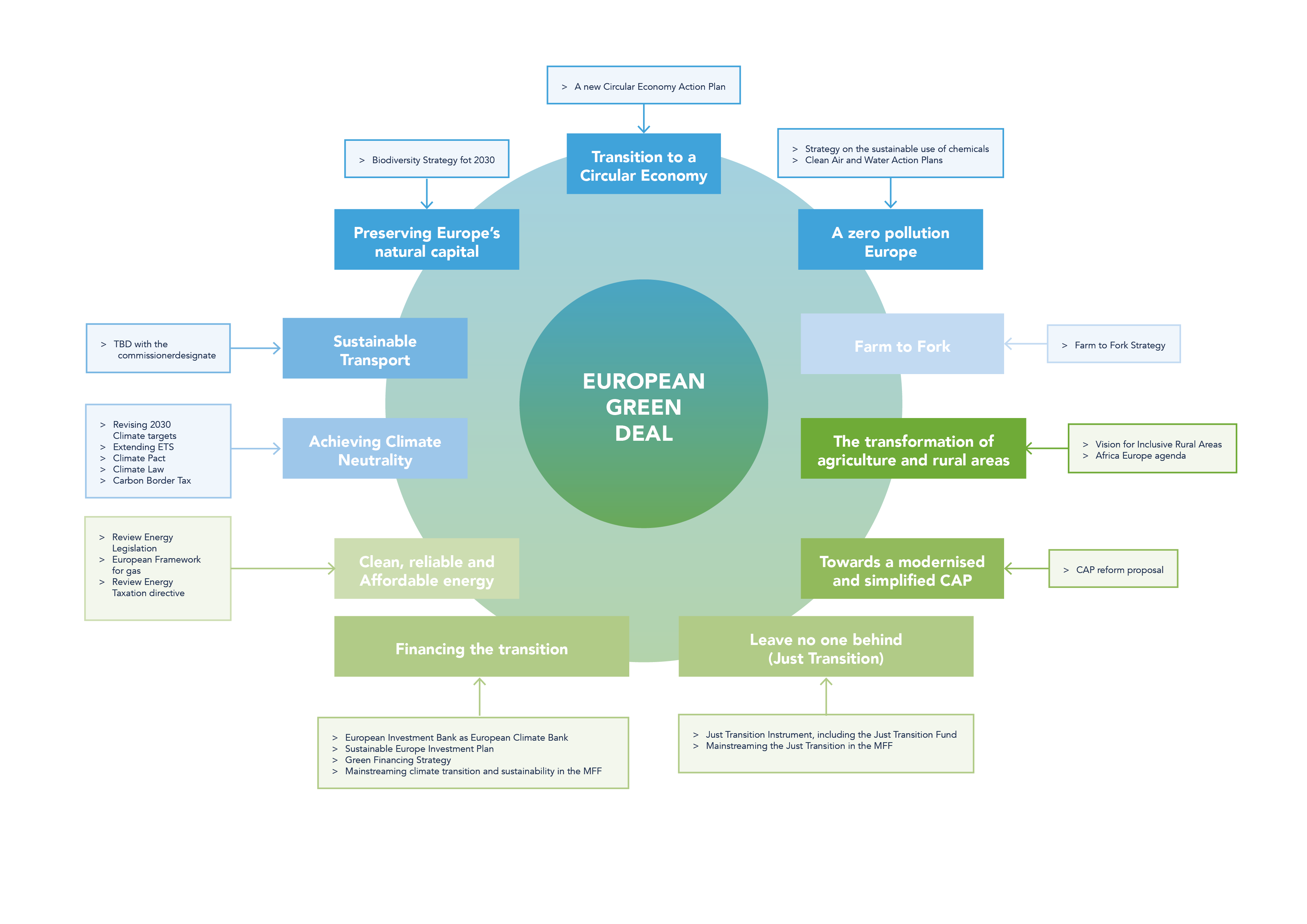Green Deals: recovery plans for society
The Green Deal originally came about in the context of climate measures. The Green Deal and the recovery policy go hand in hand: the recovery measures form an additional opportunity to put the Green Deal into practice. In this sense, the Green Deal is among the most important recovery measures to absorb the impact of the COVID-19 pandemic. It is, together with the coronavirus vaccine, an injection to help society recover sustainably from (the impact of) the coronavirus pandemic. Green deals bring significant opportunities for the industry in general and cleantech companies, in particular.
The best known is probably the EU Green Deal, but Flanders has also launched its own Green Deal. One of the first Flemish Green Deal initiatives is Circular Building. In a circular building economy, residual waste is limited and products and materials are reused as much as possible. As many as 290 Flemish stakeholders have committed themselves to this voluntary agreement with the Flemish government. The separate contribution by Wim Debacker, expert and driver of the initiative, as well as the contribution about Encon’s Infinity building with examples of innovative cleantech in the construction industry shed more light on this.
The EU Green Deal was proposed by the President of the European Commission von der Leyen in December last year. The policy plan has mainly received attention because of its environmental and climate protection agenda. The agenda takes into account almost all cleantech domains, such as the transition to a circular economy, achieving climate neutrality, clean, reliable and affordable energy, as well as action plans for clean air and water.
But the EU Green Deal is much more than an agenda to protect the environment and tackle climate change. It is also an agenda for economic growth. Growth that no longer depends on fossil fuels, but rather regenerative growth, that takes into account sustainable competition and competitive sustainability and that not only takes from the planet, but also gives back to it. This growth respects the delicate balance between people and quality of life, profit and our footprint on Mother Earth.
Looking at everything from a systemic point of view must become the core of our future industrial policy. Through a systemic transition, we must move towards a circular economy, in the built environment, in the industrial sectors, but also in the way we produce food. This means that the opportunities for innovation-oriented industry are plentiful. The Recovery & Resilience Fund deserves special attention, with EUR 5.1 billion being earmarked for Belgium and EUR 2.25 billion for Flanders.
In order to achieve the climate goals, the European Commission wants a real renovation wave for the building industry to increase the current low renovation rate by a factor of 3. This is not just about technological innovation. Social, organisational and financial innovation are also on the agenda. In order to realise this, there is the Green Deal investment plan, in which private investors are called upon, alongside the European and national budgets.
‘The transition must work for all, or will not work at all’. These are words uttered by EC Vice-President Timmermans that reflect the importance of the social aspect. A just transition must support regions that are most challenged by systemic transition, carbon-free energy production being a case in point. It goes without saying that the availability of renewable energy is essential in this respect.
Specifically for industry, there is also the recovery instrument ‘Next Generation EU’, which provides € 1074 billion for the period 2021-2027. This recovery Instrument aims to take account of lessons learned from the crisis, to support Member States’ investment and reform efforts and to leverage private investment so as to give new impetus to the EU economy.
Provided that they fit within the scope of the Green Deal, the recovery measures offer businesses the opportunity to develop new, clean technologies and products, for example by participating in demonstration and pilot projects and making use of pilot projects or low-regulation zones. It also opens up opportunities for bringing clean process technologies and products to the market. Special attention should therefore be paid to the European markets. In the wake of the COVID-19 crisis, it offers companies opportunities to innovate and profile themselves with a new brand, or – even more pronounced – , to relaunch and reinvent themselves. Our cleantech companies are, therefore, best informed during on-line events organised by the stakeholders in the Flemish cleantech ecosystem, such as Flanders Investment & Trade, the spearhead clusters, innovative business networks and research centres.


Frans Snijkers,
Director Cleantech Flanders


